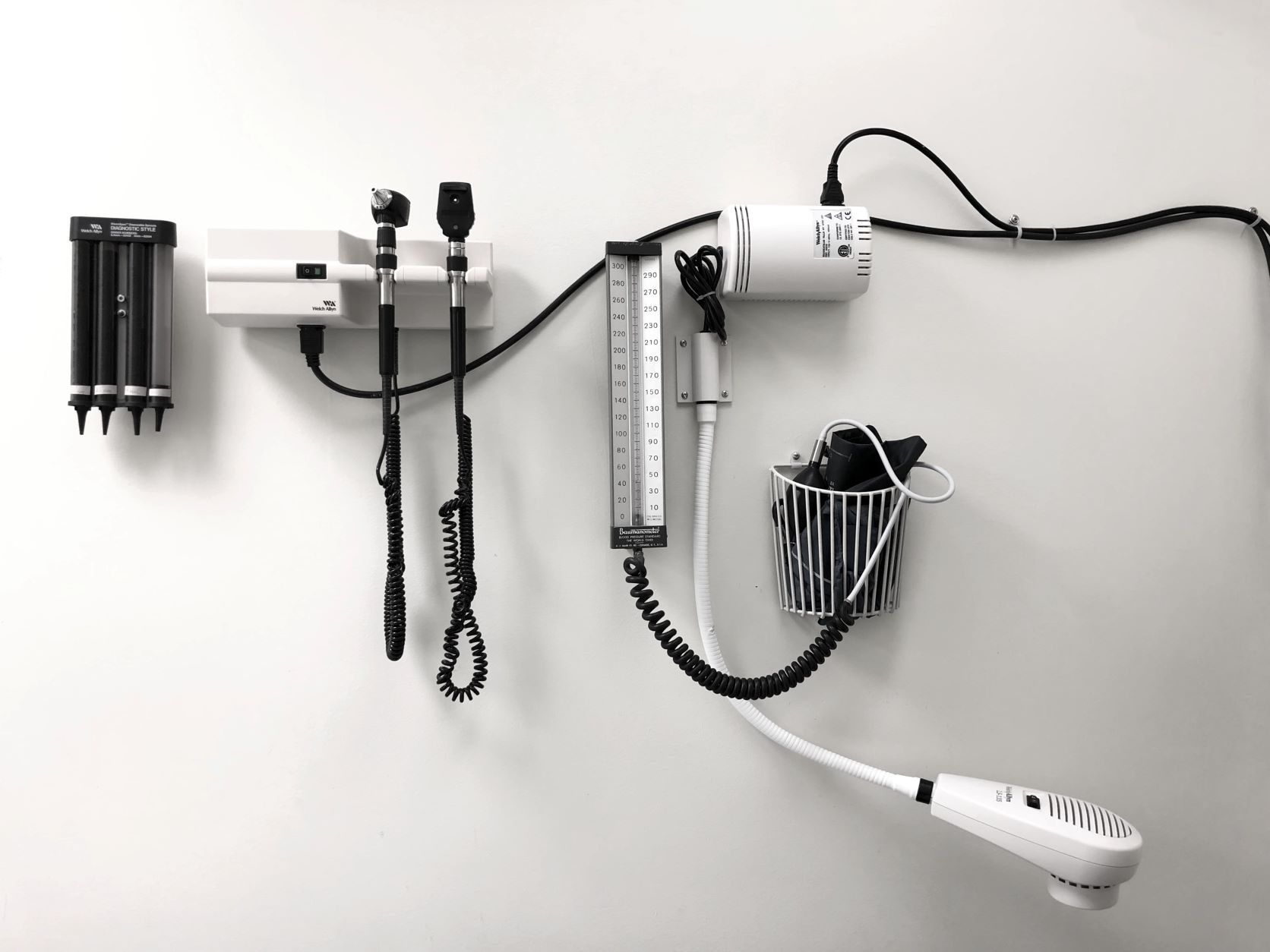2023 is already shaping up to be an interesting year in the world of healthcare. Our faculty experts at the Johns Hopkins School of Nursing weigh in on some trends to expect in 2023 and beyond.
Global Health
Unprecedented disruptions caused by COVID-19, combined with economic, geopolitical and climate challenges place complex and interconnected threats on health and healthcare systems around the globe in 2023.
The pandemic has exposed and exacerbated vast global disparities caused by income, age, race, sex and geography, but, at the same time, has accelerated innovation in science and technologies.
Key global health trends in 2023 include widening disparities in overall health and wellness and variable access to advanced therapies, worsening mental health, healthcare workforce shortages, supply chain issues, climate change related challenges and macroeconomic instability. Concurrent advances in information technology infrastructure and mobile computing power in many low and middle-income countries support rapidly developing applications of artificial intelligence (AI) might help to address challenges unique to the field of global health and accelerate achievement of the health-related sustainable development goals.

Nurses can help to bridge the gap and inform the redesign of health care services available to vulnerable populations around the globe and improve access to quality care. However, there must be greater investment in nursing education, workforce conditions and leadership to maximize their important potential contributions (World Health Organization Strategic Directions in Nursing and Midwifery 2021-25). Substantial dialog on health system reform, regulatory changes, care coordination, and health information technology is ongoing. It is key that nurses are actively engaged in these discussions and inform critical health policy decisions toward better health for all.
–Dr. Nancy Reynolds PHD, MS, RN
Staffing Issues
It is no secret that there is a nursing shortage in the United States. Nurses are going on strike and leaving their positions at an alarming rate. Burnout is causing a lot of nurses to take a look at other opportunities to use their expertise elsewhere while those who remain are left to deal with the fallout.

The nursing shortage can still be felt on a weekly basis with announcements to fill deficits sent out regularly. Some nurses have expressed dissatisfaction with salary, feeling that it is not competitive.
–Hope agen-davis msn, rn
In 2023 we may see an increase in salary expectations for nurses as more hospitals and healthcare facilities work in partnership with their staff to increase workplace satisfaction.
Policy
The Johns Hopkins School of Nursing launched the brand new Policy Honors program in late 2022. The goal of this program is for students to gain experience and foundational skills in policy analysis and advocacy to address the nation and world’s most critical health challenges.
11 students were chosen to participate in this two semester program where they will partner with a faculty expert to broaden their understanding of nursing’s role in policy. These students will gain the skills and confidence to connect with policymakers, effectively communicate policy proposals, and advocate for policies that improve health for communities around the country and world.
Nurses, who make up the most trusted profession, will start to lead more in the policy arena. Nurses are trained to solve problems while thinking of the whole person, their strengths and needs. This fits well with changing policy in any arena – a health care setting, a business, or on Capitol Hill.
Dean Sarah szanton phd, rn, faan

JHSON students will set the example by getting involved in policy planning, advocacy, and change.
READ MORE:
- Birth Companions Talk Doulas and Maternal Health with Mayor Brandon Scott
- Episode 36: Improving Black Maternal Health Outcomes
- Earth Day: An Opportunity to Address the Environmental Injustice of Plastic Pollution
- BMORE Prepared to Move to Baltimore
- Forging Policy: How Can Doulas Improve Black Maternal Health?

 Birth Companions Talk Doulas and Maternal Health with Mayor Brandon Scott
Birth Companions Talk Doulas and Maternal Health with Mayor Brandon Scott Earth Day: An Opportunity to Address the Environmental Injustice of Plastic Pollution
Earth Day: An Opportunity to Address the Environmental Injustice of Plastic Pollution Forging Policy: How Can Doulas Improve Black Maternal Health?
Forging Policy: How Can Doulas Improve Black Maternal Health? No. 1 Rankings for the School of Nursing and a Pipeline to the “Best Jobs”
No. 1 Rankings for the School of Nursing and a Pipeline to the “Best Jobs” Global Service Learning: Guatemala
Global Service Learning: Guatemala



